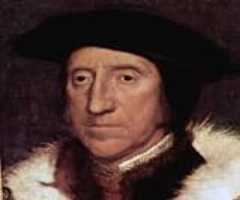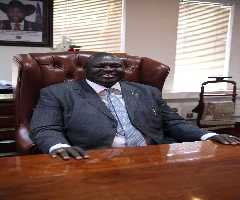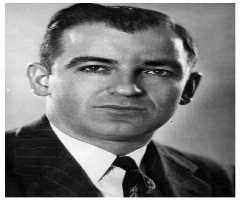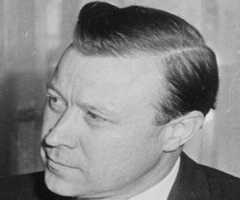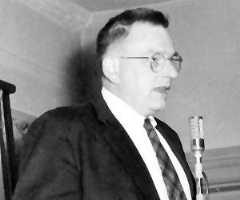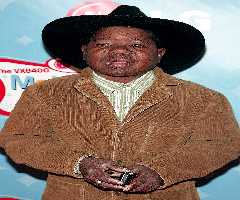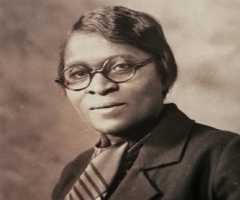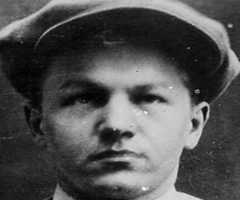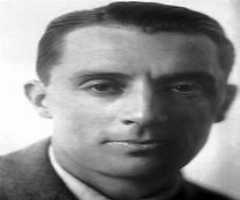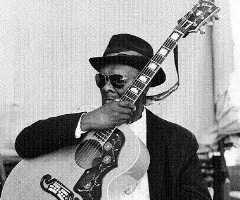
Also Known For : First female Member Of Parliament
Birth Place : Danville, Virginia, United States of America
Died On : May 2, 1964
Zodiac Sign : Taurus
Nancy Astor Biography, Life, Interesting Facts
Childhood And Early Life
Nancy Astor was born on the 19 May 1879 to Chiswell Dabney Langhorne and Nancy Witcher Keene in Danville, Virginia. Her family was socially well-connected and wealthy, although during her childhood her father’s wealth had been compromised and he had to rebuild his fortune. Once he had done so, the family lived in a large house, Micador in Virginia, where Nancy Astor was raised. She was one of eleven children, having four sisters and six brothers. One sister, Mary, died in infancy. The Langhorne girls were noted for their good looks. Astor’s sister Irene married the American artist Charles Dana Gibson, who was responsible for creating the Gibson Girl images.
Education
Nancy Astor had some high school education and then spent time at a finishing school in New York City which she did not enjoy. She often referred to her lack of formal education in later political speeches.
Rise To Prominence
At the age of eighteen in 1897, Nancy Astor married Robert Gould Shaw II and had one child, a son Robert. The marriage did not last long, and the couple divorced in 1903 and Astor won custody of her son. At her father’s suggestion Astor traveled to England and onboard the boat to the UK, she met Waldorf Astor who fell in love with her. The couple married in London in 1906. She was twenty-six at the time, and her husband-to-be was heir to the Astor fortune. As a wedding present, her father-in-law presented the young couple with the stately home, Cliveden in Buckinghamshire. The Astors had Cliveden renovated and modernized, and their home became a meeting place for the socially and politically prominent. Astor became one of the premier hostesses of her generation and was the center of what became known as the Cliveden Set. Guests included Winston Churchill, Oswald Mosley, George Bernard Shaw, Henry Ford, and Gandhi.
During WW I, Cliveden was used as a hospital for the Canadian military, and Astor was involved in the war effort at the stately home. Again in WW II Cliveden served as a medical center for Canadian troops.
Political Career
In 1919, Nancy Astor father-in-law Waldorf Astor’s father. Her husband ascended to the peerage and had vacated his seat in the House of Commons. Nancy Astor had proved to be a good political campaigner on behalf of her husband was encouraged to run for the seat his seat.
On the 15 November 1919, she won a by-election by 3,000 votes and was elected as a Union Conservative in the Sutton Division of Plymouth. In 1920 she became the first woman to sit in the House of Commons. She was not the first woman to be elected, that honor had gone to Irish politician Constance Markievicz. Markievicz chose not to sit in the House of Commons for political reasons and instead became a founding member of Dáil Éireann. For two years Astor was the only woman member of the House of Commons.
Nancy Astor went on to win seven consecutive elections and was a member of parliament from 1919 until 1945. Her maiden speech focused on temperance and later she was responsible for instigating the lifting of the legal age for alcohol consumption to eighteen.
In 1944, when she was sixty-five years of age, announced that she was leaving politics and would not be contesting her seat at the next election.
Religion
Nancy Astor converted to Christian Science when she was an adult.
Private Life
Nancy Astor was married to Waldorf Astor from 1906, and they had five children William Waldorf (b.1907-d.1966), Nancy Phyllis Louise (b.1909-d.1975), Francis David Langhorne (b.1912-d.2001), Michael Langhorne (b.1916-d.1980) and John Jacob (b.1918-d.2000).
The Astors donated Cliveden to the National Trust in 1942. After William Astor III died in 1968, the Astors no longer resided at Cliveden. Presently Cliveden is leased by London & Regional Properties and is run as a luxury hotel.
Her husband Waldorf Astor died on the 30 September 1952. Nancy Astor died in 1964.
Controversies
Nancy Astor was often criticised for making anti-Semitic and anti-Catholic remarks. She fell out with one of her sons when he married a Catholic and refused to attend his wedding. He retaliated but telling her he would not be attending her funeral. She was pro-appeasement towards Hitler in WW II. There was a suspicion that she was pro-Nazi, but after the war when a Gestapo list of 2,300 prominent people to be arrested after a successful German invasion of the UK, Astor’s name was on the list.
More Politicians
-
![Eduardo Duhalde]()
Eduardo Duhalde
-
![Olusegun Obasanjo]()
Olusegun Obasanjo
-
![David Trimble]()
David Trimble
-
![Thomas Howard, 3rd duke of Norfolk]()
Thomas Howard, 3rd duke of Norfolk
-
![John Garang]()
John Garang
-
![Joseph McCarthy]()
Joseph McCarthy
More People From Virginia
More People From United States of America
-
![Tituss Burgess]()
Tituss Burgess
-
![John W. Campbell]()
John W. Campbell
-
![Gary Coleman]()
Gary Coleman
-
![Charlotte Hawkins Brown]()
Charlotte Hawkins Brown
-
![Baby Face Nelson]()
Baby Face Nelson
-
![Devil Anse Hatfield]()
Devil Anse Hatfield



